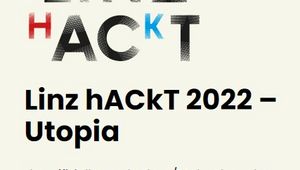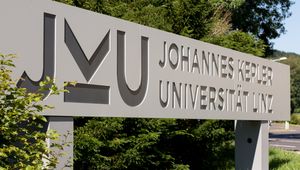The JKU students impressed the jury by creating foot lifts for those suffering from peroneal paresis.

The city of Linz extended an invitation to a Hackathon/Makerthon, aimed at those interested in working together over a weekend period to come up with socially innovative ideas for the city. The Cyberduck team consisting of Raphael Siegl, Mariella Sinissbichler, Patrick Kary and Leon Weber, had already garnered most of the community votes, a jury also gave them first place after having tied on points with another team. The students are enrolled in Medical Engineering at the JKU and have recently organized themselves as an association. The engaged and ambitious students designed their prototype during the hackathon at Dynatrace and manufactured it in at Grand Garage.
Peroneal palsy is a common cause of foot paralysis which paralyzes the nerve, resulting in a ‘dropped’ gait. Consequences can include dragging the foot, which may cause the person to trip and fall. According to one study, 69% of those affected by peroneal palsy require assistive devices to support their gait. Students the Cyberduck team accepted the challenge and developed a foot-lifting device, but one that has enough power to hold the foot without affecting comfort.
The foot-lifting device is attached to the front of the foot and over the calf muscle. The device can respond to potential advances in treatment the tension system allows the device to be tightened, if necessary. The inconspicuous and affordable product is manufactured using 3D printing and sewing. The team plans to further develop the product by using better materials and customizing options. In addition, a 3D-printed guidance system could also be incorporated to individually address the degree of ligament stretching.











